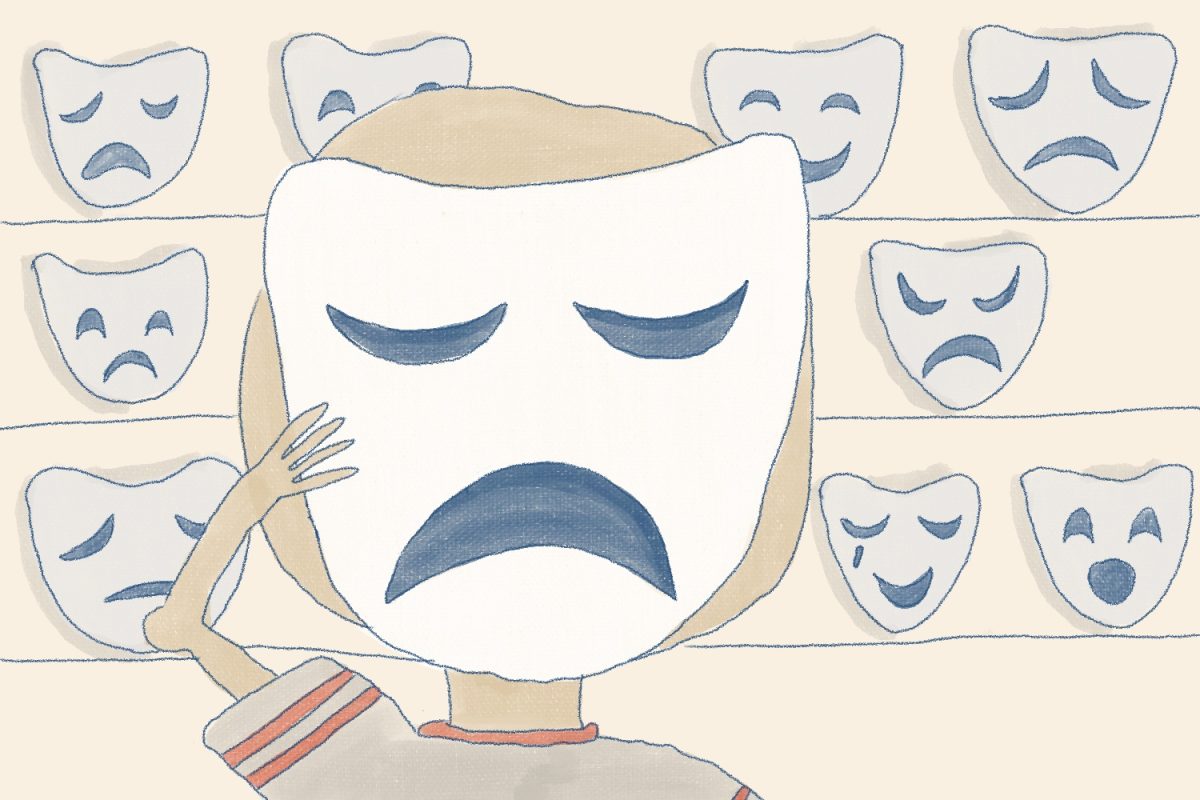Believe it or not, there are several unspoken collegiate rules. The first goes something like this – thou shalt not spy on thy neighbor’s computer screen uninvited. How I broke this rule yesterday is, well, an interesting story. I was in class scribbling notes when the young man sitting in front of me pulled out his laptop and began surfing the web like a madman. While I tried to avert my eyes, it was nearly impossible to ignore the flashing images and colors that spewed from his screen. As I watched him jump from Facebook to REI to purchase a pair of ski gloves, I was struck by how much we trust the Internet. In the past month, you probably have uploaded photos of yourself, entered credit card information and posted a whole stream of content online. It seems perfectly natural, right? According to a study conducted by Lightspeed Research in 2010, 78 percent of teens “feel in control of their personal information on social networking sites.” Whereas our parents’ generation might pause before uploading certain media to their Facebook pages, our generation appears to have no qualms about posting sketchy photos from Halloween weekend — my news feed can prove it. It’s okay to be comfortable with using the Internet. In the 21st century it is practically required. But where we go wrong is in being overly trusting that whatever we put online will be safe. On Oct. 30, the BBC reported that Britain’s intelligence agency was under cyber attack. Iain Lobban, the head of the UK Government Communications Headquarters was quoted in the Times as saying, “the volume of e-crime and attacks on government and industry systems continues to be disturbing.” This occurrence is not unique to the UK. Governments worldwide have been under siege by hackers, and are struggling to keep documents safe. In the past year the Iranian government network was broken into, and according to the International Business Times The Pentagon, U.S. Senate, CIA, NASA, FBI and other top-level institutions were hacked at one point in 2011. Even UVM’s website was hacked this past September. If supposedly secure government and university servers can be broken into, what makes you think your Facebook page and computer are secure? It would take seemingly little effort for future employers to find pictures of you under, shall we say, less than professional conditions. The Internet is way cool, but we need to maintain a healthy dose of suspicion when searching for information, buying, posting and downloading things. If you are not sure whether to post a photo or give out personal information, it is usually better to walk away. At the very least, delete anything online or on your computer that could be used against you. I’m no expert, but my sense is that — insert your dream company here — is not looking for an employee that is tagged in a photo album entitled “Halloween Debauchery.” Just a thought.











![Can’t buy me [self] love](https://vtcynic.com/wp-content/uploads/2024/04/self-care-FINAL-1200x796.jpg)
